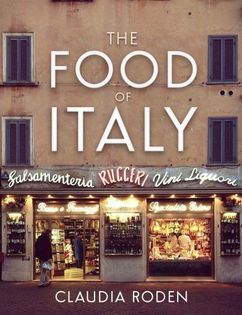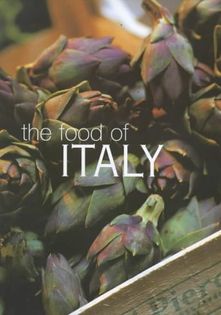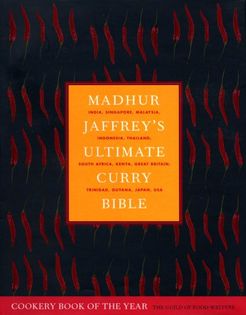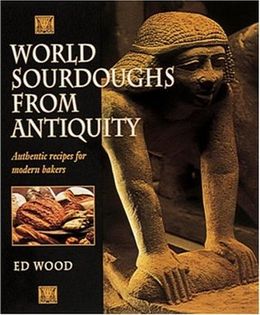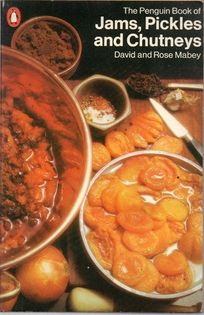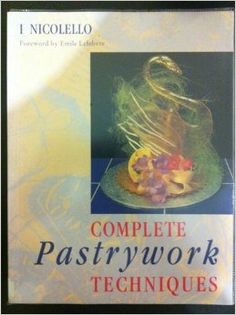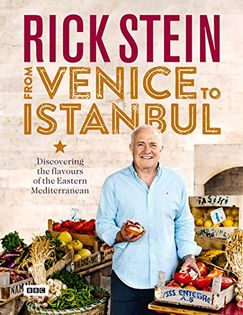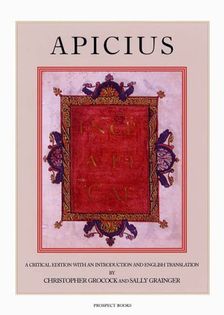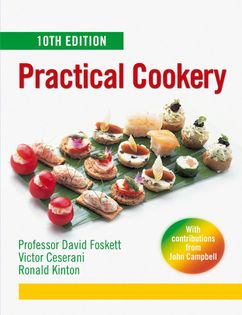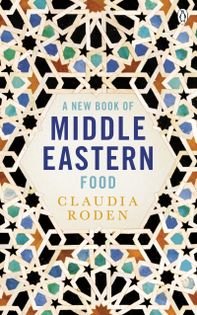
Advertisement

Sally Grainger
Food historian
https://www.oxfordsymposium.org.uk/symposiasts-at-work-sally-grainger/Sally Grainger began her career as a real hands-on pastry chef. With that background she has now become one of the better-known hands-on food historians. After a decade working as a chef she took up Classical Studies as an undergraduate at Royal Holloway College, and, while doing so, held her first reconstructed Roman banquet (a farewell to Professor Martin West, who was moving to All Souls’, Oxford).
In 1996 she and Andrew Dalby wrote The Classical Cookbook, an enduring success, for British Museum Press. The recipes, as authentic as could possibly be achieved, were Sally’s. Meanwhile, having taken her degree in 1993, Sally began to build a new career in reconstruction archaeology and food writing fed by continuing research. It took time to become known in the academic world of archaeology, with the help of increasing participation in conferences, frequent presence at schools and at historical sites, regular television appearances, a series of invitations to cook and present ancient meals. Sally has worked with the British Museum (a Roman meal there coincided with the Pompeii exhibition), the Museum of London, Fishbourne Roman Palace, the Roman Baths at Bath, and Colchester Castle. Not to mention the Getty Villa near Malibu, where as food consultant she has organized three large scale meals, Greek, Roman and Byzantine, in a uniquely authentic setting. She has often been seen on Time Team, also on Neil Oliver’s A History of Ancient Britain, Rome’s Lost Empire with Dan Snow, a forthcoming Pompeii series with Michael Buerk; she has fed the Hairy Bikers. And meanwhile she and her partner Chris Grocock, a medieval Latinist, have produced what is now the standard bilingual edition of Apicius, the Roman cookbook, and a practical companion, Cooking Apicius. These were both published by Prospect Books in 2006.
An enduring aim for Sally, through much of this period, has been to understand – and, while understanding, to recreate – garum, the Roman fish sauce. Roman fish sauce: an experiment in archaeology was the title of her MA dissertation at Reading University. Garum, with other salted fish products, will be the theme of her book now in preparation for Routledge Publications. Each tasting of garum as made by Sally brings one closer to the real thing, as she is able to show experimentally by residue analysis using reproduced ancient vessels. She’s nearly there.
Most popular
Advertisement

